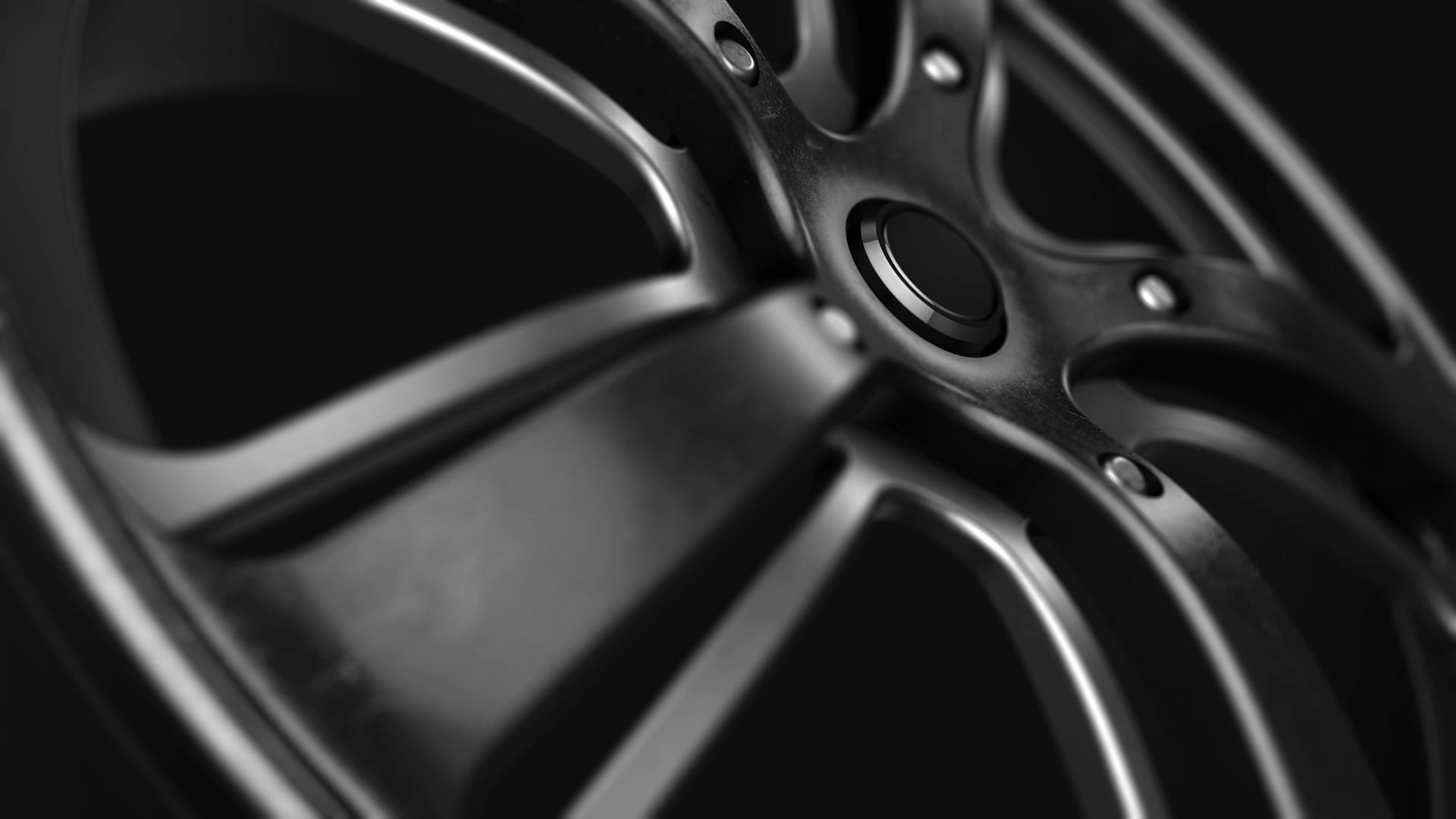The development challenges of the tire balancing machine industry
- enze6799
- Oct 12
- 2 min read
Key Challenges Facing the Tire Balancing Machine Industry
Rapid Technological Evolution and Innovation Pressure
The tire balancing machine industry is undergoing a transformative phase driven by Industry 4.0 and smart manufacturing trends. Modern machines now require integration with IoT platforms, real-time data analytics, and AI-powered predictive maintenance capabilities. For instance, advanced sensors must detect imbalances with sub-0.1-gram precision while operating across diverse tire types, from conventional automotive to electric vehicle (EV) low-profile designs.
Developing these technologies demands significant R&D investment, yet the average product lifecycle has shortened to 3-5 years due to market competition. Manufacturers face pressure to adopt modular designs that allow software upgrades without hardware replacements, balancing innovation costs with affordability for small-to-medium enterprises (SMEs). The shift toward automation also reduces manual calibration needs, forcing companies to retrain technicians or risk workforce obsolescence.
Diverse Regional Compliance and Market Access Barriers
Global market expansion introduces complex regulatory landscapes. The European Union mandates CE certification with stringent electromagnetic compatibility (EMC) and safety standards, while North America requires UL/ETL compliance for electrical components. Emerging markets like India and Brazil impose unique labeling and localization rules, increasing certification costs by up to 30% for multinational companies.
Trade policies further complicate distribution. Tariff wars between major economies have disrupted supply chains, with steel and aluminum price volatility directly impacting machine chassis production. Additionally, regional preferences vary sharply: Asian markets prioritize high-throughput models for mass production, whereas European buyers demand compact, energy-efficient units for small-batch premium tire balancing. Adapting product lines to these fragmented demands strains engineering and logistics resources.
Sustainability Demands and Circular Economy Transition
Environmental regulations are reshaping industry practices. The EU’s Waste Electrical and Electronic Equipment (WEEE) Directive requires manufacturers to fund recycling programs for obsolete machines, adding 5-8% to operational costs. Similarly, California’s Proposition 65 mandates labeling for lead and other hazardous materials, even in trace amounts used in sensor components.
Consumer expectations are equally influential. A 2024 survey revealed that 68% of automotive service centers prioritize vendors offering carbon-neutral manufacturing processes. This pushes companies to adopt renewable energy in production facilities and develop biodegradable packaging. However, transitioning to eco-friendly materials like recycled polymers can reduce machine durability by 15-20%, creating a tension between sustainability goals and product longevity.
Intensifying Competition and Price Erosion Risks
The global tire balancing machine market remains fragmented, with top players holding less than 40% combined share. This enables regional manufacturers to compete on cost, particularly in price-sensitive markets like Southeast Asia and Africa. Chinese suppliers, for example, offer entry-level models at 40% below international averages, triggering a race-to-the-bottom that squeezes profit margins.
Differentiation strategies face hurdles. While premium brands emphasize features like laser-guided calibration and cloud connectivity, SMEs often lack the technical expertise to leverage these advancements. The rise of leasing models also disrupts sales cycles, as customers defer purchases in favor of subscription-based services. To maintain relevance, manufacturers must invest in after-sales support networks, which can consume up to 25% of revenue in emerging economies.





Comments